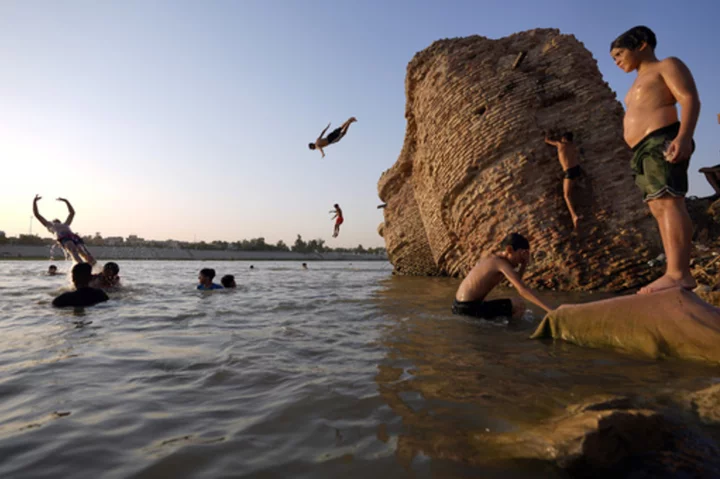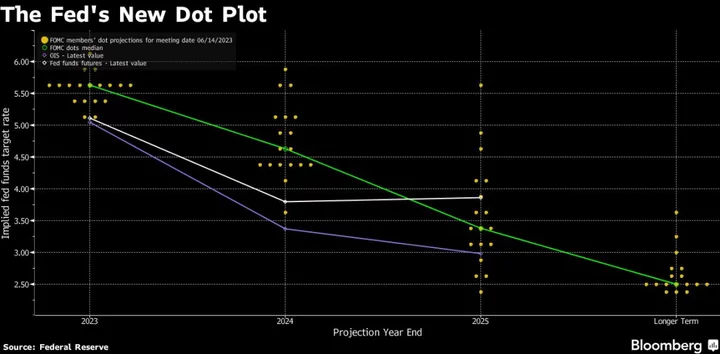BAGHDAD (AP) — Iraqi officials defended Thursday a deal inked this week to barter oil for gas with Iran, saying it does not violate U.S. sanctions on Tehran but will help alleviate a worsening electricity crisis in Iraq.
The remarks come as the government in Baghdad struggles to balance between its two key allies, Washington and Tehran. A previous arrangement in which Iraq was buying gas from Iran and paying dollars for it was held up because Washington declined to approve sanctions waivers. That in turn led Iran to cut the gas supply, triggering severe power shortages in Iraq.
After decades of electricity shortages because of war, corruption and mismanagement, oil-rich Iraq has become heavily reliant on imported Iranian gas to meet its electricity needs. The shortages in recent months are in part due to U.S. restrictions on transferring funds to Iran.
Imports from Iran are especially vital during the scorching summer months when Iraqis are forced to pay for private diesel generators or suffer through temperatures that often exceed 50 degrees Celsius (122 degrees Fahrenheit).
Washington has granted some exemptions to its sanction on Iran over Tehran's disputed nuclear program to allow Iraq to meet its energy needs.
On Tuesday, Iraqi Prime Minister Mohammed Shia al-Sudani announced the barter deal with Iran but warned that Washington still has not granted a waiver for Baghdad to pay $11 billion it currently owes to Tehran, leaving the money trapped in Iranian accounts in the state-owned Trade Bank of Iraq.
As a result, he said Iran had cut its gas exports since the beginning of July, and Baghdad’s supply has declined by over 50%. After the barter deal, al-Sudani said the “supply of Iranian gas has resumed” and would “return to the same quantities as previously.”
According to a senior political official close to al-Sudani’s government, the barter agreement would see Iraq send 250,000 barrels of crude oil to Iran daily. The official spoke to The Associated Press on condition of anonymity to discuss the deal.
The official said U.S. sanctions would not be violated because they apply to financial transactions — and not barter deals. Still, Iraq has not officially notified Washington of the arrangement, he said.
The U.S. State Department did not immediately respond to requests for comment. There was no immediate comment from Tehran.
Washington has been concerned about Iran’s relationship with Iraq, especially with large number of Iran-backed groups in its government and parliament.
The United States in late 2022 tightened measures on Iraq accessing its foreign reserves housed in the Federal Reserve, after suspecting money was being transferred to Iran, Syria, and other sanctioned entities. The move led to a drop in the value of the Iraqi dinar and a spike in public anger in Iraq.
Yesar Al-Maleki, an analyst at the Middle East Economic Survey, said cash-strapped Iran has been putting pressure on Baghdad to urge Washington for waivers.
“With Iraq unable to transfer funds due to sanctions on Iran’s banking sector, Tehran has been prioritizing it’s local consumers," Al-Maleki told the AP.
The news of the barter deal comes days after Iraq announced the signing of a massive $27 billion energy deal with French giant TotalEnergies that would bolster projects for local electricity production. Analysts say that deal gave Western countries hope it would shift Iraq away from needing Iranian gas imports.
Al-Sudani reinforced that optimism on Tuesday, saying the projects "will end the need for import after completion within two to three years.”
___
Chehayeb reported from Beirut. Associated Press writer Qassim Abdul-Zahra contributed to this report from Boston.









